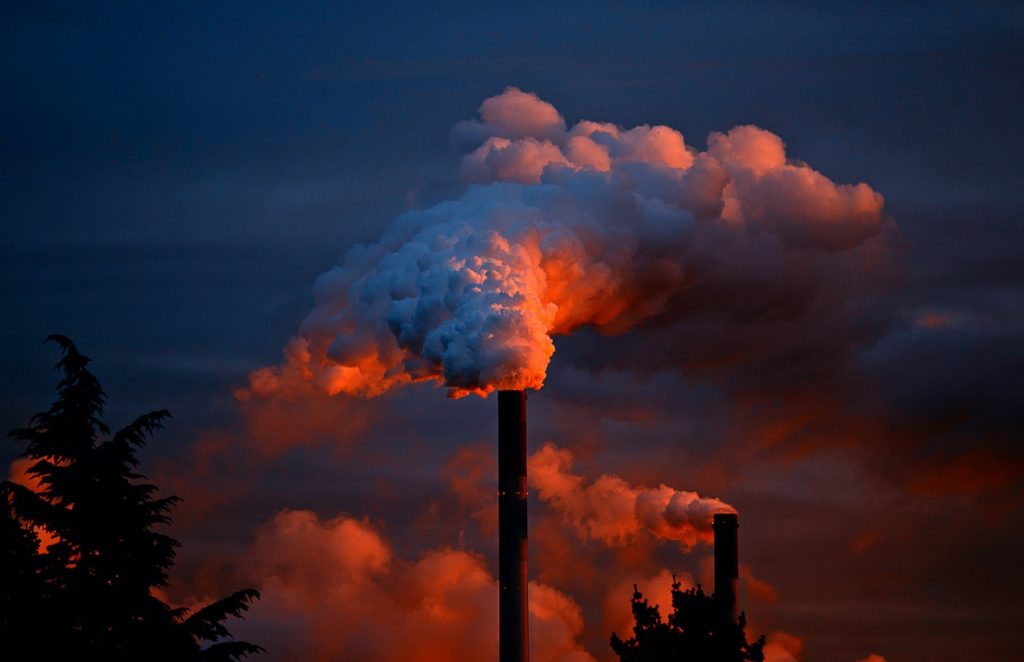What is Environmental Studies?
Pollution, climate change, deforestation, waste management, sustainable energy… The great environmental issues that confront us are an exciting challenge. This is reflected by the range of highly involving courses and careers related to Environmental Studies. If you want to do your bit for the planet, then read on…
What Courses Are Available?
Students interested in this field are not lacking in choice. Third-level environmental science courses are available from the following institutions: DCU, DIT, IT Sligo, Limerick IT (including LIT Tipperary), NUI Galway, Tralee IT, UCC, UCD, and UL.
Different career opportunities are depending on the environmental course you do. For instance, DIT’s Bachelor of Science in Environmental Health (Level 8) concentrates on legislative requirements and risk management. Therefore, this course is highly suitable for a career as an environmental health officer.
Cork IT’s Level 8 Degree in Environmental Science and Sustainable Technology gives students the skills to flourish in the smart green economy. Another interesting option is IT Sligo’s BSc in Environmental Protection. This course explores the science behind measuring, combating and preventing pollution.
Cavan Institute’s one-year Certificate in Environmental Science – Sustainable Development is a Level 5 course. Students develop an understanding of topics such as Ecological Field Methods, Biology, and Lab Techniques. Another option is Limerick College of Further Education’s Certificate in Environmental Science (Level 5). This covers subjects such as Waste Management, Communications, and Spreadsheet Methods. Holders of either of these certificates can access many science-related third-level programmes.
Studying Environmental Studies in College
Environmental science programmes are multidisciplinary. They introduce students to the chemical, physical, and biological processes that occur in the environment. The courses explore current environmental problems such as air or water pollution. They also consider their effect on public health and the natural environment. Also, many courses cover current environmental and health and safety legislation.
Students learn through a combination of lectures, projects, lab work, and field studies. As a result, they gain experience in a variety of areas – from environmental legislation to data research and analysis.
Career Options
The growing realisation, among companies, government bodies, and the public, that our environment is a resource in need of sound management has led to an array of career options for graduates in Environmental Science and Health. These include:
- Environmental consultancy
- Waste management
- Pollution control
- Mineral and water exploration
These are just a few of the career options available.
Environmental health officers ensure that the public and workers are not at risk from environmental hazards such as noise, pests, pollution, or disease. They are usually employed by local authorities and spend much of their time visiting sites to ensure that environmental regulations are being adhered to. They also play a major role in ensuring that food is prepared and distributed safely and hygienically.
Related Jobs
- Chemical Engineer
- Cartographer
- Compliance/Regulatory Affairs Manager
- Ecologist
- Energy consultant
- Environmental consultant
- Environmental education officer
- Fisheries Officer
- Geophysicist, exploration
- Geoscientist
- Materials Scientist
- Metallurgist
- Mine geologist
- Nature conservation officer
- Waste management officer
- Water conservation officer
Further Study
As an environmental science graduate, you may go on to study further for a particular area, such as management or teaching. Your employer may assist you in acquiring relevant professional qualifications. Postgraduate studies will help you become more employable and will increase skills like researching and communication while broadening your knowledge base.
For certain sectors, such as environmental health, a postgraduate qualification is a requirement.
Visit postgrad.ie for more information.
FAQ
How do I know if a career working with the environment is for me?
Working in environmental protection and conservation requires a healthy interest in science, as well as the ability to work in several different environments: the office, lab, and in the field. An ability to effectively communicate complex data to non-experts is also important. Winning the hearts and minds of the public plays a huge role in any sustained attempt towards safeguarding the future health of the environment.
What is the job market like?
Jobs in the environmental sector are typically very competitive and can require specialised study and significant work experience. However, the sector is growing rapidly, and there are many careers, such as an environmental engineer or scientist where demand is extremely high. Moreover, as the impact of environmental issues such as plastic waste is studied further, the demand for graduates who can support sustainability targets is likely to increase.
Moreover, many countries are likely to need to undergo major infrastructure upgrades in the next decade, and environmental considerations will be a major concern.
New graduates are likely to have good career opportunities but will likely join companies in more junior roles to be trained up, as many careers have very specific knowledge and skill requirements. This means that starting salaries may be relatively low, but there will be good opportunities to progress and earn more in the future.
Where Can I Study Environmental Studies?
Explore your options here
Did you know?
The number of red squirrels in Ireland is decreasing by an average of 1 percent per year. The native red’s decline in this country has largely been attributed to the introduction of the more adaptable – and more aggressive – grey squirrel in 1911.
Resources
Environmental Protection Agency
Environmental Health Officers’ Association
Department of Communications, Climate Action & Environment












Comments